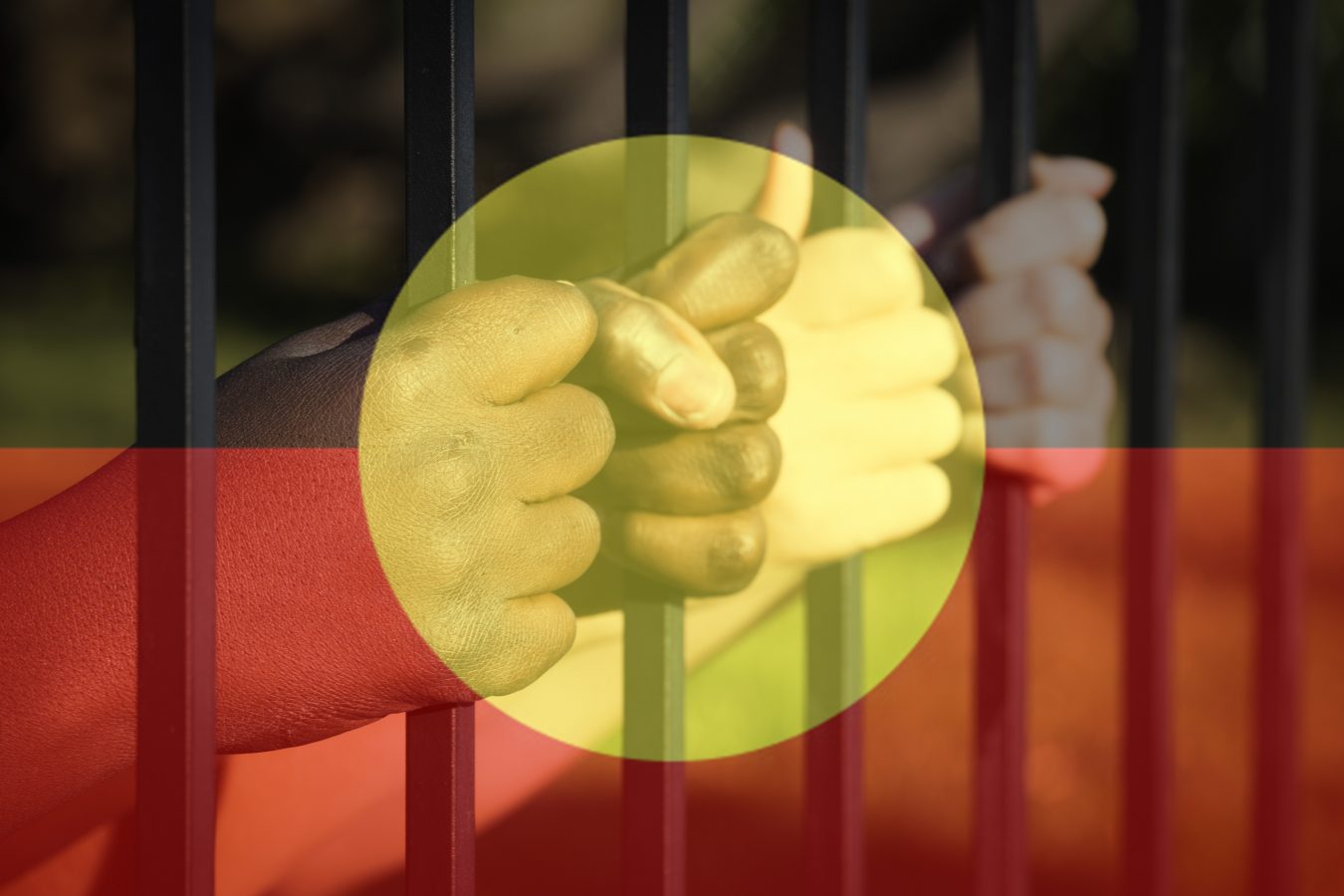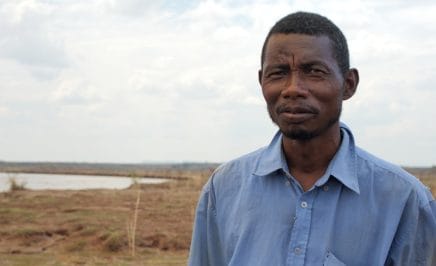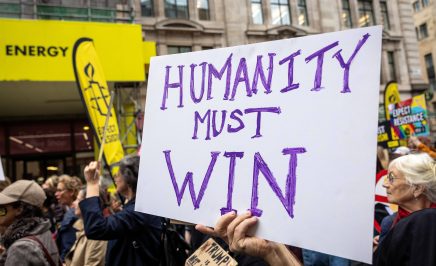Amnesty International Australia welcomes the Tasmanian government’s confirmation the state will raise the age of criminal responsibility from 10 to 14 years of age without exception in their Youth Justice Blueprint. This represents significant progress for child rights in Australia.
The Tasmanian government today confirmed the decision in its response to the Commission of Inquiry into the Tasmanian Government’s responses to Child Sexual Abuse in Institutional Settings, accepting the recommendation of the inquiry that children under 14 should not be held in detention.
Despite welcoming today’s announcement that the government will accept the recommendation from the Commission of Inquiry, Amnesty International Australia expresses its concern that by delaying the implementation of the reform to 2029 the Tasmanian government will continue to arrest, charge, drag before the courts and incarcerate children under 14 for another six years. The Tasmanian government has no acceptable justification for the delay to this urgent child safety reform.
Palawa Elder and Amnesty International advisor Uncle Rodney Dillon says:
“We welcome today’s announcement and wish to express our gratitude that the Tasmanian government has listened to child safety experts, medical professionals, human rights groups and the Aboriginal and Torres Strait Islander community.”
“This decision from the Tasmanian government is a result of years of work from Aboriginal and Torres Strait Islander advocates and human rights groups including Amnesty International.”
“Amnesty International Australia calls on the rest of the country to follow Tasmania and the ACT’s lead and to raise the age of criminal responsibility to 14. Prisons are not safe for any children, particularly children with complex trauma, disabilities and First Nations children. There is no practical, legally sensible or morally acceptable reason for Australia to continue its practice of incarcerating children under 14 years old.”
“While we welcome the announcement today that Tasmania will raise the age of criminal responsibility to 14 years old, Amnesty International remains alarmed that the implementation of this urgent safety measure will not be completed until 2029.”
Uncle Rodney Dillon, Palawa Elder and Amnesty International Advisor
“Every month of delay will mean dozens of children under 14 years old to time in prison who otherwise could have been supported to change the direction of their lives through programmes in the community. Keeping children out of prison is urgent business. A six year delay to the implementation of this policy will cause unacceptable, unnecessary harm to countless vulnerable children.”
Background:
Tasmania is the first state or territory in Australia to raise the age of criminal responsibility to 14 years old without any exceptions or carve-outs.
The Northern Territory and the Australian Capital Territory who raised the age of criminal responsibility to 12 earlier this year, with the ACT committing to raise the age to 14 years in the next 2 years. Victoria has also committed to raising the age to 12 in 2024 and to 14 by 2027.
In addition to raising the age of criminal responsibility to 14, Tasmania will increase the minimum age of detention to 16 years and create alternatives to detention for children aged 14 and 15 years and establish a range of community-based welfare and disability programs and services, tailored to meet the needs of children and young people under the age of 14 years.
Australia has one of the lowest ages of criminal responsibility in the world – the global average is 14 years old. We have been repeatedly criticised by the United Nations, most recently by the Committee on the Elimination of Racial Discrimination, for failing to reform the current minimum age.
According to the Australian Institute of Health and Welfare (2022), although First Nations youth constitute 6% of Australia’s population aged 10-17, they account for a staggering 49% of the young people aged 10-17 held in detention.









